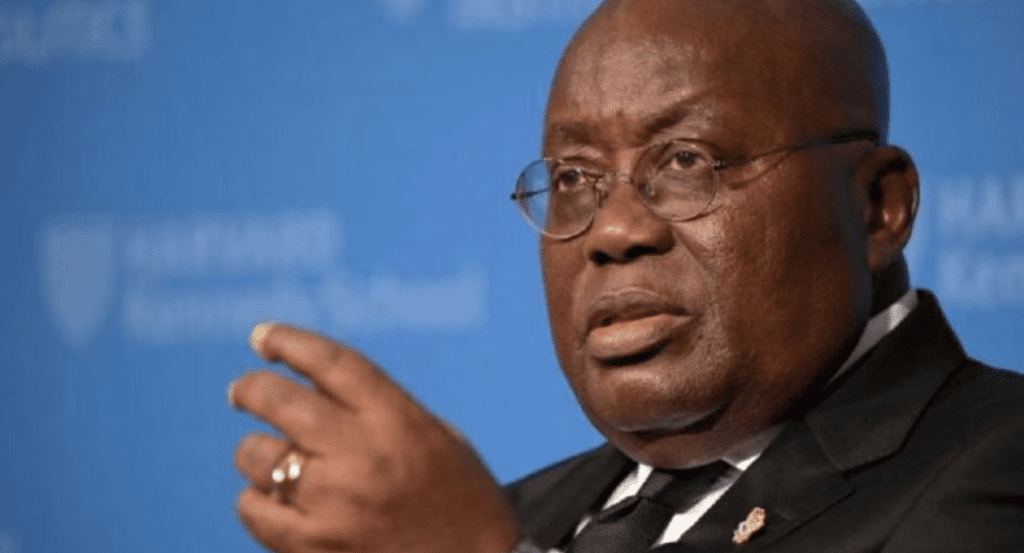The International Monetary Fund (IMF) has approved the disbursement of $360 million to Ghana following the third review of its $3 billion Extended Credit Facility (ECF) program. This funding aims to support the West African nation’s economic recovery efforts and address challenges related to its debt restructuring and fiscal sustainability.
This latest tranche brings Ghana’s total disbursement under the IMF arrangement to approximately $1.8 billion since the program’s commencement in May 2023. The funding is part of Ghana’s broader strategy to stabilize its economy, which has faced mounting pressure from high inflation, currency depreciation, and a significant debt burden.
IMF officials noted progress in Ghana’s economic reforms, including efforts to streamline public finances, enhance domestic revenue mobilization, and restructure its public debt. Kristalina Georgieva, the IMF’s Managing Director, highlighted the government’s commitment to implementing structural reforms despite challenging global and domestic conditions.
Finance Minister Ken Ofori-Atta expressed optimism about the IMF’s support, emphasizing that it strengthens Ghana’s ability to meet its financial obligations while ensuring sustained economic growth. The funds are expected to boost reserves, stabilize the cedi, and improve investor confidence in the country’s economic trajectory.
However, the IMF stressed that Ghana must continue its reforms, particularly in areas such as tax collection, public expenditure management, and addressing the vulnerabilities in its energy sector. The Fund also called for increased transparency and accountability in the use of public resources to maintain the confidence of international partners.
Ghana’s economy has faced significant challenges over the past two years, with inflation surging to over 40% at its peak and the cedi losing considerable value against major currencies. The government’s decision to restructure its domestic and external debt has been pivotal in securing the IMF’s support but has faced criticism for its impact on bondholders and pension funds.
As the disbursement is rolled out, economists are closely watching how Ghana utilizes the funds to achieve fiscal consolidation, enhance productivity, and attract foreign investment. The IMF program is seen as a critical step in stabilizing Ghana’s economy, but its success will ultimately depend on the government’s ability to execute its reform agenda effectively.




















